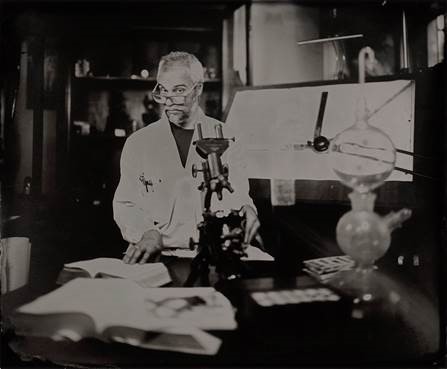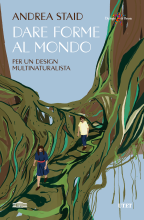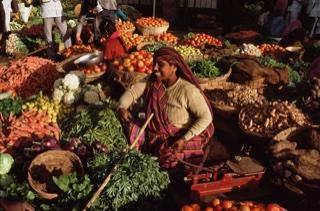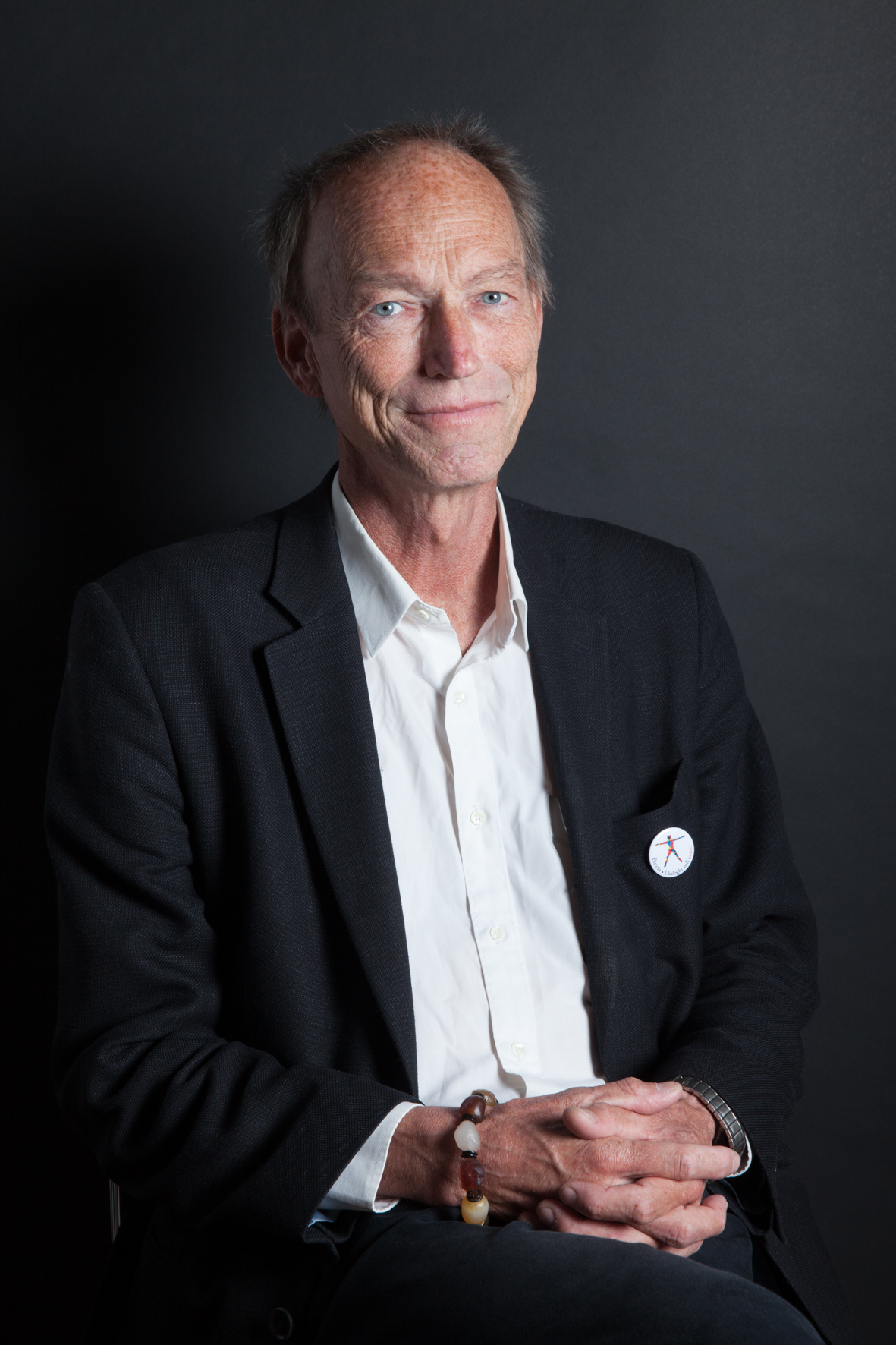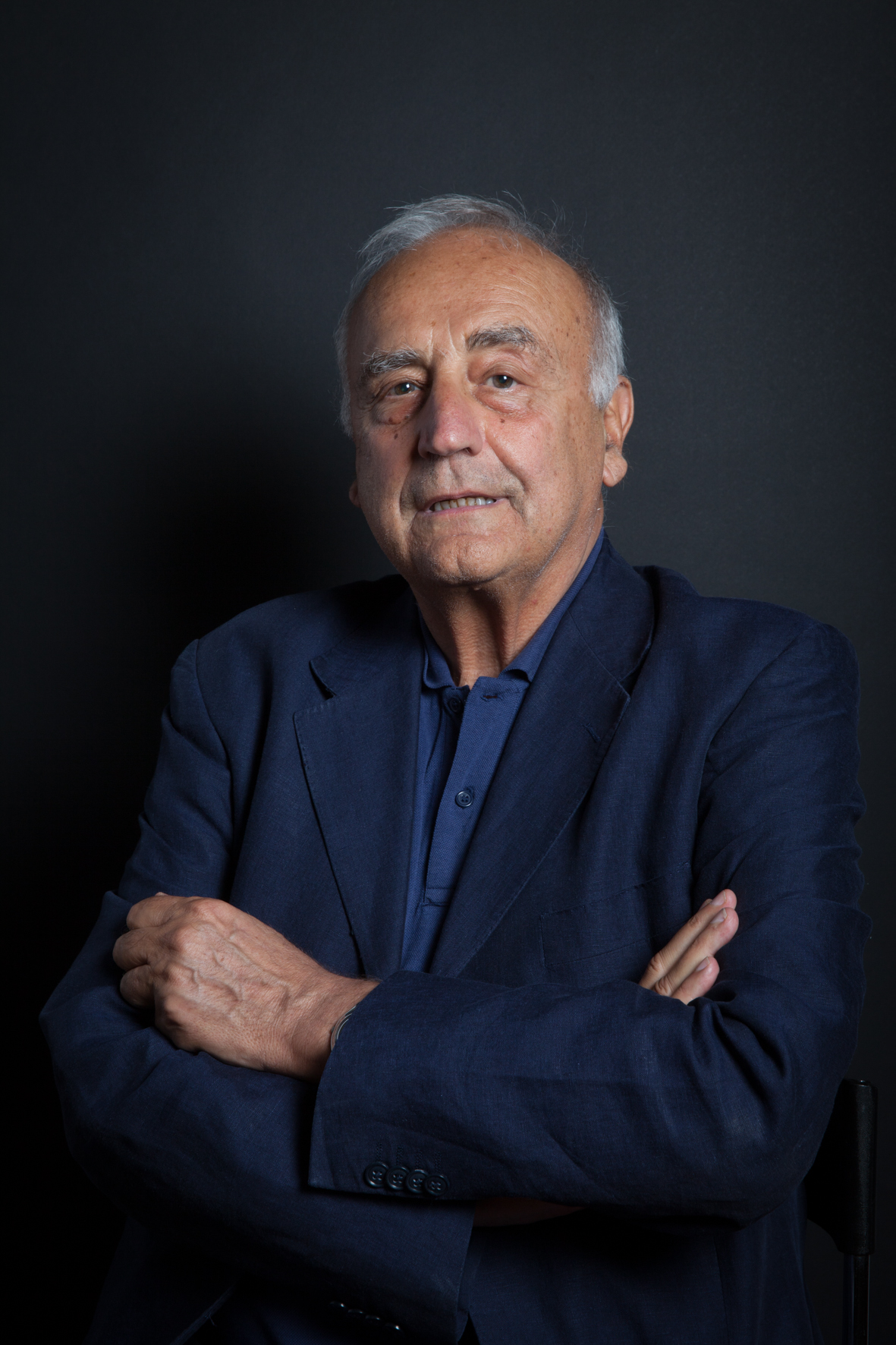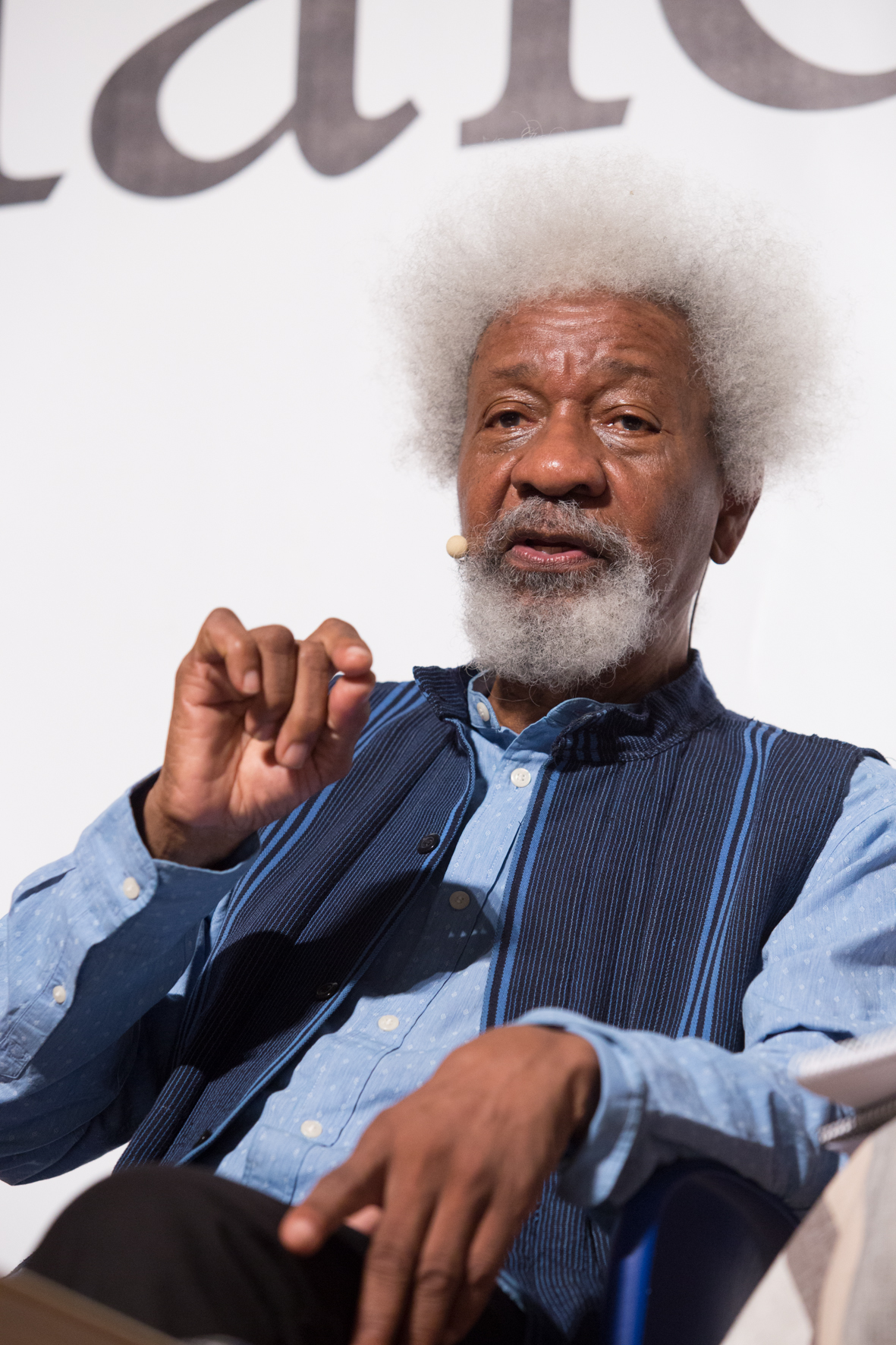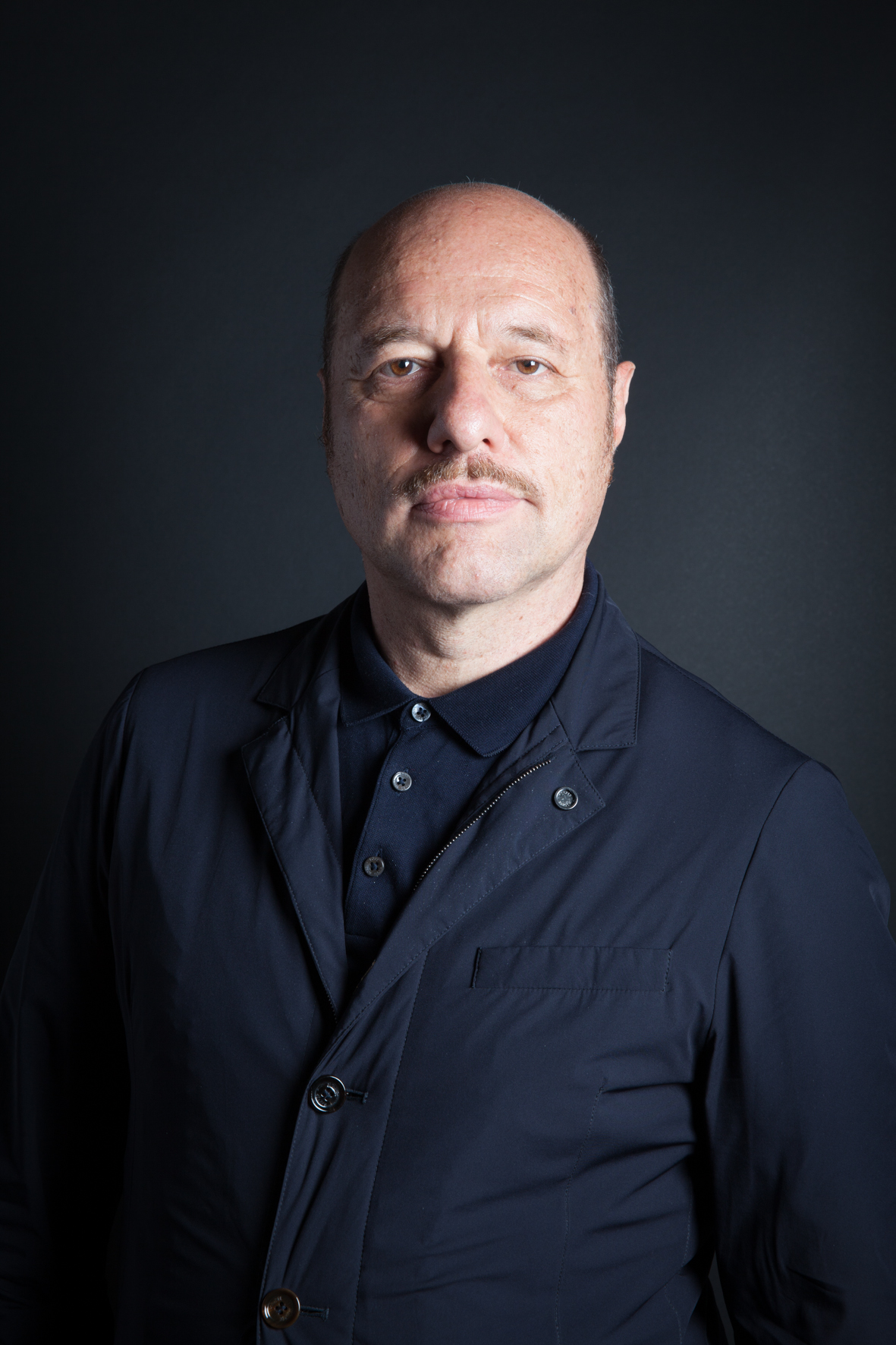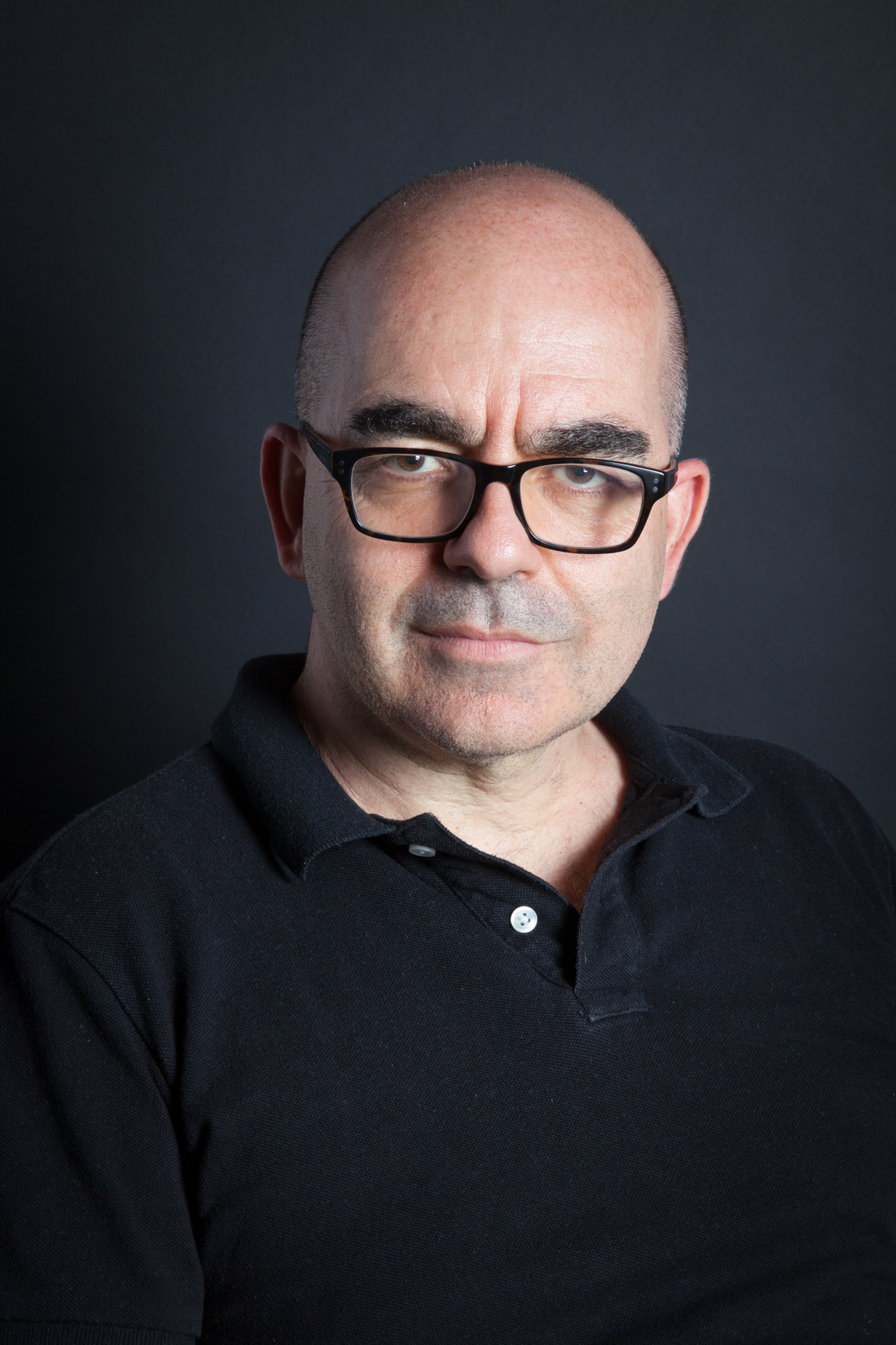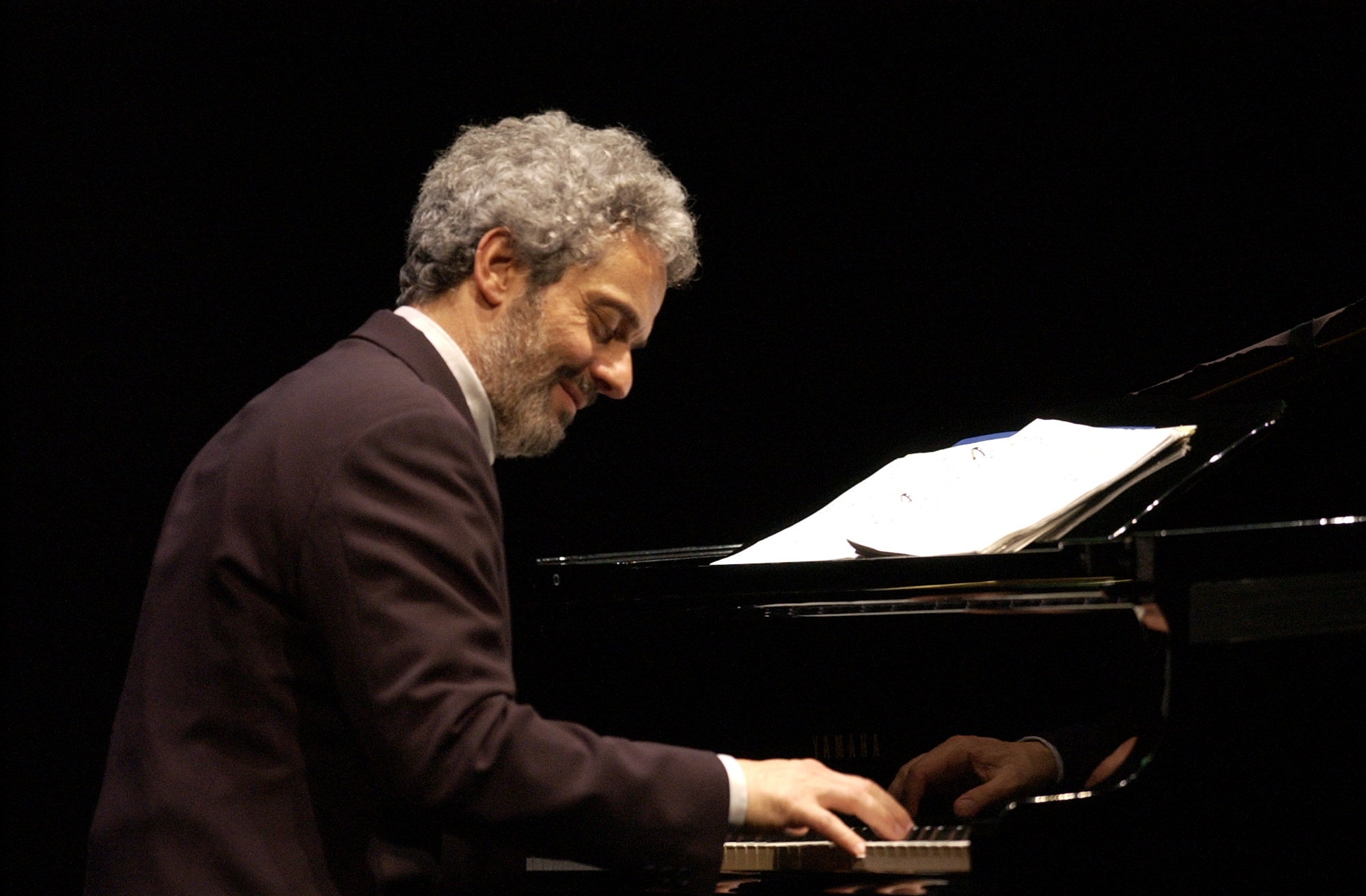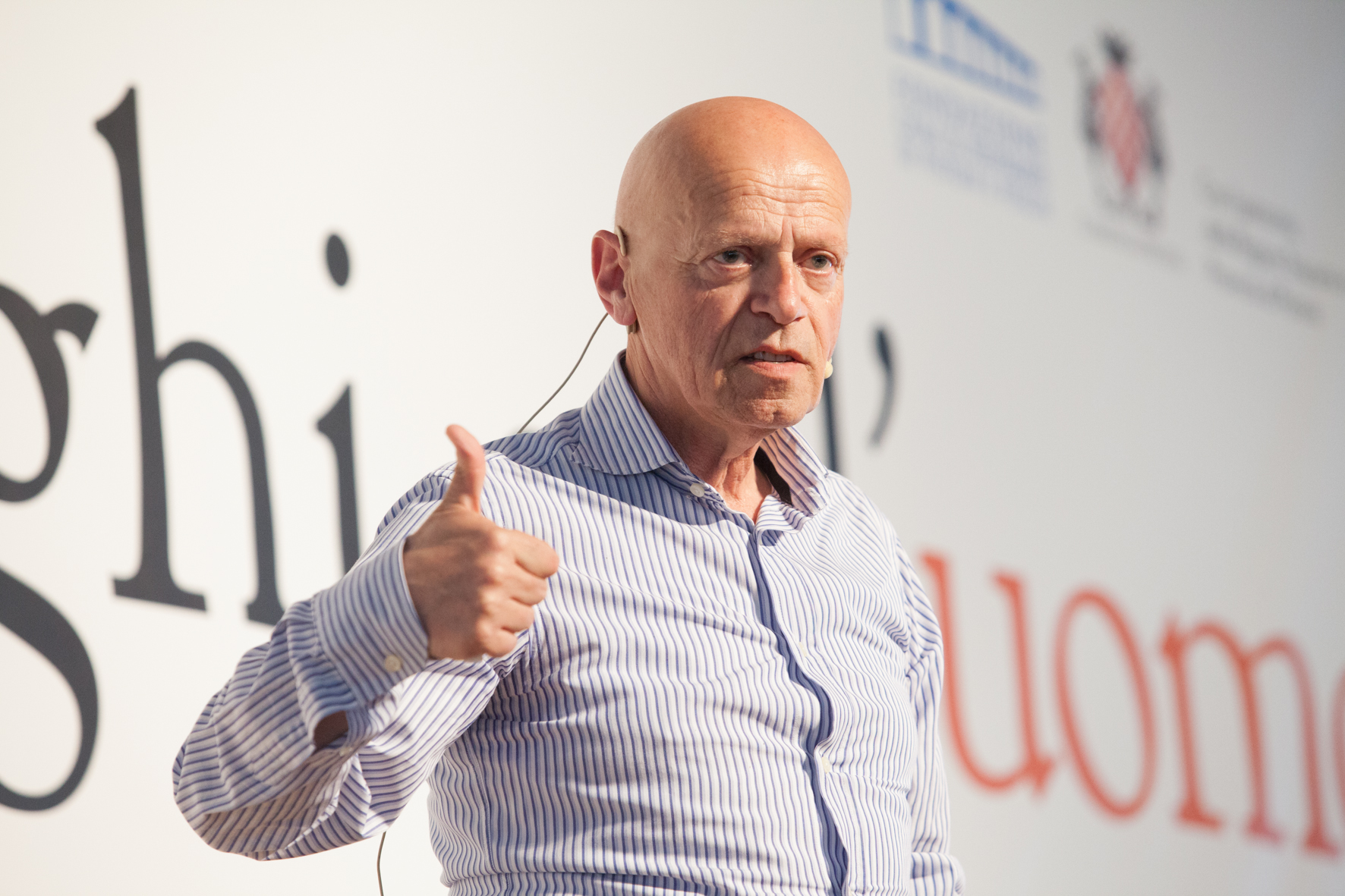Marco Malvaldi was born in Pisa in 1974. After obtaining a degree in Chemistry at the Scuola Normale Superiore of Pisa and studies at the Conservatory, he focused on becoming an opera singer. He soon returned to scientific research as a chemist, publishing dozens of works on physical chemistry, with sporadic deviations into arguments such as the thermodynamic statistics of football.
Thomas Hylland Eriksen is a Norwegian anthropologist who teaches Social Anthropology at the University of Oslo and serves as the President of the European Association of Social Anthropologists (EASA) and a member of the Norwegian Academy of Science. Much of his work is comparative and interdisciplinary. His field research from Trinidad to Australia to Norway has focused on several ethnically and culturally complex societies.
Giovanni De Luna has been Professor of Modern History at the University of Turin. He writes for La Stampa newspaper and for several successful radio and television (Rai Storia) shows, his most recent publications include: La passione e la ragione. Il mestiere dello storico contemporaneo (Bruno Mondadori, 2004); Storia del Partito d’Azione (UTET, republished 2006); Il corpo del nemico ucciso. Violenza e morte nella guerra contemporanea (Einaudi, 2006); Le ragioni di un decennio. 1969-1979.
Wole Soyinka, first African winner of the Nobel Prize for Literature (1986), is the greatest African playwright, a novelist of global fame and poet and author of key essays on African culture and myths. Yoruba was born in 1934 in Nigeria. He was jailed during the Nigerian civil war (1967-69) and later wrote about his experience in isolation in The Man Died (1971). Sentenced to death and persecuted by dictator Sani Abacha, he lived in exile in the USA until 1998.
Simonetta Agnello Hornby lives in London, where she was previously a family lawyer specialised in juvenile cases and President of the Special Educational Needs and Disability Tribunal. Her profession and her writing have always been linked to her engagement working for victims of domestic violence and people on the margins of society. The Almond Picker, her first novel, was translated worldwide.
Eraldo Affinati, a writer and teacher, founded the Penny Wirton School with his wife Anna Luce Lenzi to teach Italian to today’s refugees: a system characterised by no classes, individual lessons, no scoring system and no bureaucracy. His books include: Veglia d’armi. L’uomo di Tolstoj (Marietti, 1992); Bandiera bianca (1995); Campo del sangue (1997, finalist for the Premio Strega and presented for the Premio Campiello); La città dei ragazzi (2008); Peregrin d’amore.
Nicola Gardini is a fellow of Keble College, University of Oxford, where he teaches Italian and comparative literature. He also writes as a critic, classicist, poet, essayist, narrator and translator as well as a painter. His novel Le parole perdute di Amelia Lynd (Feltrinelli, 2012) won the Viareggio-Rèpaci Prize in 2012. His collections of poems include: Tradurre è un bacio (Landolfi, 2015); and Il tempo è mezza mela. Poesie per capire il mondo (Salani, 2018).
Nicola Piovani is a musician engaged on various fronts: as a composer of scores for the cinema and theatre, of songs, chamber and symphony music, and as a pianist and conductor. He has written scores for approximately 180 films working with Federico Fellini, Marco Bellocchio, Mario Monicelli, the Taviani Brothers, Nanni Moretti, Bigas Luna, Jos Stelling, John Irvin and Luis Sepúlveda, among others.
Serena Giordano, an illustrator and video artist, teaches at the School of Fine Arts in Palermo. Her writings include: Disimparare l’arte (2012); Le arti applicate (2018) for il Mulino; with Alessandro Dal Lago: Fuori cornice. L’arte oltre l’arte (Einaudi, 2009); Mercanti d’aura. Logiche dell’arte contemporanea (2006); Arte e potere (2014); Graffiti. Arte e ordine pubblico (2016) for the publisher il Mulino; and Sporcare i muri. Graffiti, decoro, proprietà privata (DeriveApprodi, 2018).
Ilvo Diamanti is professor of Political Science at the University of Urbino Carlo Bo where he founded and directs the Laboratory of Political and Social studies (LaPolis) and acts as Vice Chancellor for International and Territorial Relations. He is President of the Demos & Pi Institute, where he also acts as Scientific Director. He is a columnist for the la Repubblica newspaper where he draws “Maps” of Italian politics and society on a weekly basis and he also collaborates with Le Monde.
